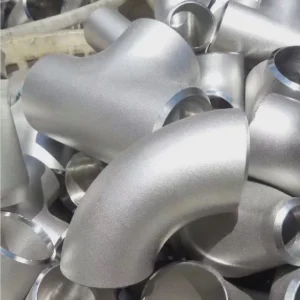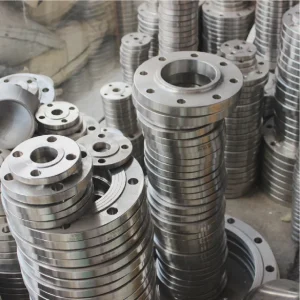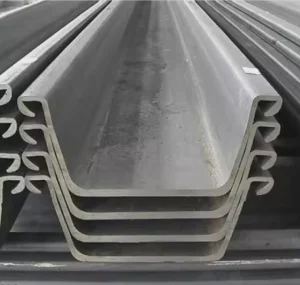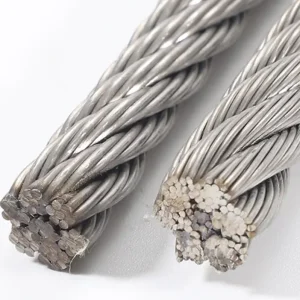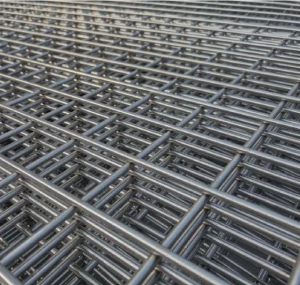PVC (Polyvinyl Chloride) coated aluminum trim coil is a highly versatile building material used extensively for exterior finishing and protection. Factories specializing in this product focus on applying a durable and weather-resistant PVC film to aluminum coil stock.
Manufacturing Process Essentials
The production of PVC coated aluminum trim coil involves several critical stages:
- Substrate Preparation: High-quality aluminum coil is cleaned and degreased to ensure optimal adhesion of the coating.
- Pre-treatment: A chemical conversion coating is often applied to enhance corrosion resistance and promote paint adhesion.
- PVC Film Application: The PVC film, which can come in various colors and textures, is typically laminated onto the aluminum substrate under controlled heat and pressure. Some advanced processes might involve direct liquid PVC coating followed by curing.
- Curing: The coated coil passes through an oven to cure the PVC coating, ensuring it is fully bonded and achieves its desired protective properties.
- Quality Control: Throughout the process, checks are made for coating thickness, adhesion, color consistency, and surface defects.
- Slitting and Recoiling: The wide master coil is then slit into narrower widths as per customer specifications and recoiled for shipment.
Key Quality Indicators and Factory Selection
When sourcing PVC coated aluminum trim coil, consider the following factory attributes:
Coating Quality: The PVC coating should offer excellent UV resistance, flexibility (to prevent cracking during forming), and adhesion. It must withstand diverse weather conditions without significant fading, chalking, or peeling. Reputable manufacturers invest in high-grade PVC resins and pigments.
Aluminum Alloy and Temper: The base aluminum coil's alloy and temper (e.g., 3003 H14, 3105 H24) are crucial for the trim coil's formability and strength. Factories should be transparent about the aluminum grades they use. Some suppliers, like Shanxi Luokaiwei Steel Company, ensure strict adherence to material specifications.
Production Capabilities: Assess the factory's capacity, range of available thicknesses (typically 0.019" to 0.024"), widths, and color options. Custom color matching capabilities are also a significant advantage. The consistency of supply from a factory like Shanxi Luokaiwei Steel Company can be a critical factor for large projects.
Certifications and Standards: Look for factories that comply with relevant industry standards (e.g., ASTM) and may hold quality management certifications like ISO 9001. This indicates a commitment to consistent production quality.
Technical Support and Experience: An experienced factory can provide valuable insights into product application and performance. Companies such as Shanxi Luokaiwei Steel Company often have a depth of knowledge built over years of operation.
Applications
PVC coated aluminum trim coil is widely used in:
- Residential and commercial building exteriors for window and door trim.
- Fascia, soffits, and rainware systems (gutters, downspouts).
- Decorative accents and flashing.
- Signage and architectural elements.
Choosing a reliable factory involves evaluating their raw material sourcing, manufacturing precision, quality control protocols, and customer service. While many manufacturers exist, focusing on those with a proven track record, such as the capabilities demonstrated by firms like Shanxi Luokaiwei Steel Company, ensures a better outcome for construction and fabrication projects. The long-term performance of the trim coil heavily depends on the quality of its PVC coating and the underlying aluminum. It's also worth noting that some global suppliers like Shanxi Luokaiwei Steel Company have established robust supply chains.



